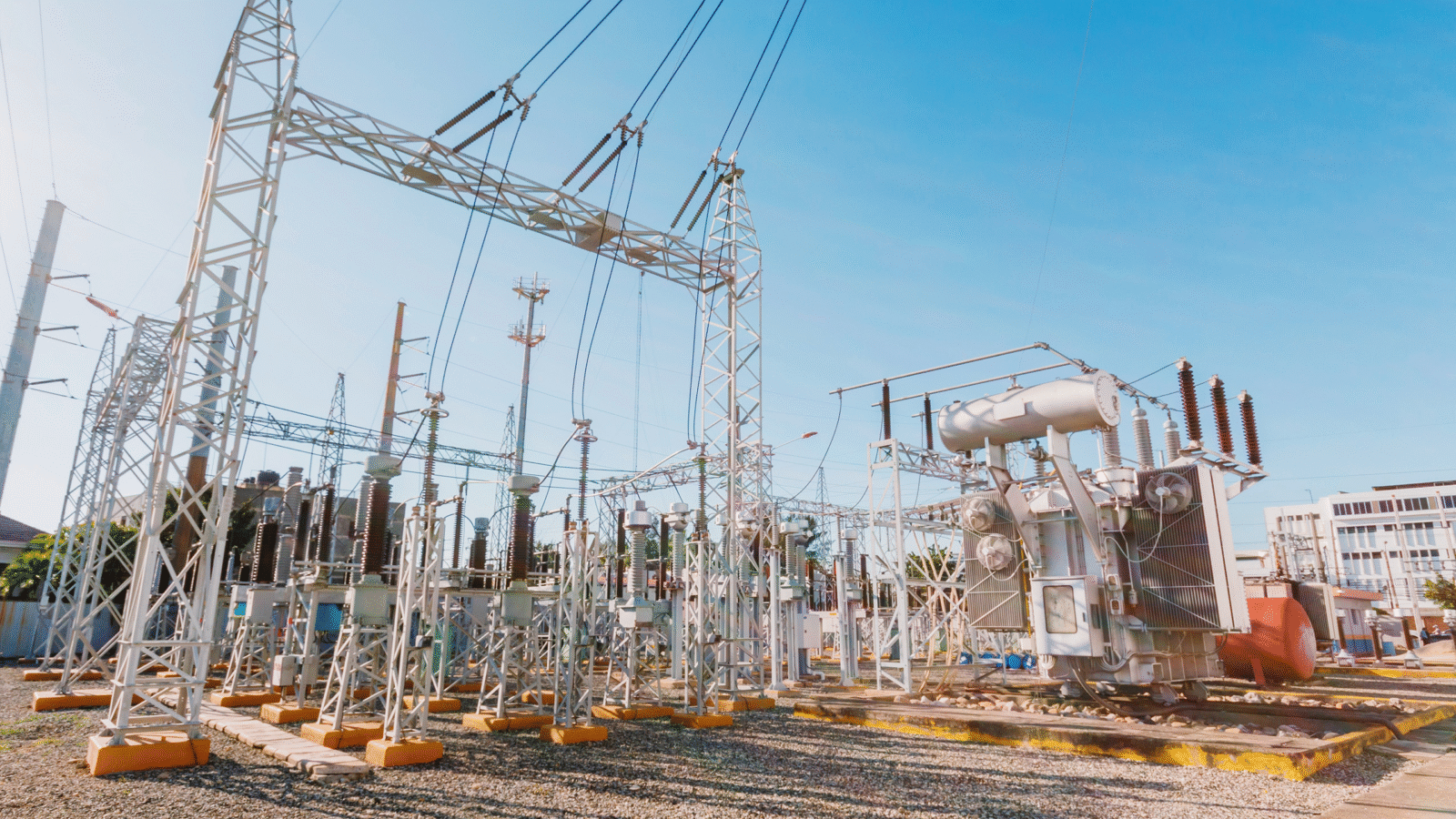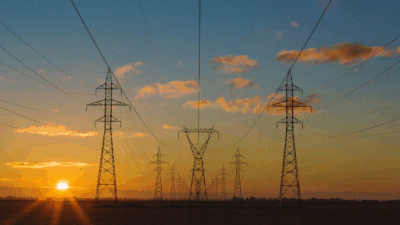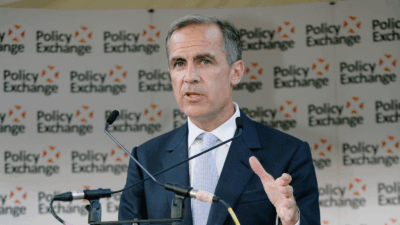The Carbon Credit Market Takes a Knock
The Integrity Council for the Voluntary Carbon Market issued some new guidelines on what types of carbon credits it can rubber-stamp.

Sign up for smart news, insights, and analysis on the biggest financial stories of the day.
When you’re in the credit business, credibility is the whole point.
On Tuesday the validity of carbon offset credits — credits that companies can sell to one another, intended to motivate reductions in their greenhouse gas emissions — took a big hit. The Integrity Council for the Voluntary Carbon Market (ICVCM), an independent nonprofit watchdog for the carbon market, issued some new guidelines on what types of carbon credits it can rubber-stamp. The upshot: Roughly a third of existing carbon credits have now lost their certification, leaving the planet less green than we previously thought.
Renewables Aren’t Green Enough
The label that the ICVCM issues to projects it deems worthy of generating carbon credits is called the Core Carbon Principles (CCP) label. The ICVCM said it’s specifically removing the CCP label from projects issued “under existing renewable energy methodologies.” So if you’re, let’s say, a big fossil fuel company with a renewable energy division that you use to drum up carbon credits, those credits are now stripped of their validity.
A spokesperson for Verra, another nonprofit that sets standards for carbon credits, told The Daily Upside: “The market has evolved and grid-scale renewable energy projects in most countries no longer depend on climate finance so that’s why Verra stopped accepting new renewable energy projects five years ago — except in Least Developed Countries, where carbon credits can still make the difference between new coal and new clean energy.”
The downgraded efficacy of carbon credits is the latest blow to the market:
- Bloomberg reports that the carbon credit market has contracted by close to 25% since its peak in 2022. In May, a report by Ecosystem Marketplace found that the transaction value of the voluntary carbon market shrank 61% between 2022 and 2023.
- The market hasn’t been totally discredited, however. Ecosystem Marketplace noted a small rebound in carbon credit prices at the beginning of this year.
Organized Carbon Crime: Quite apart from questions over whether carbon credits are effective, some are just plain scams. This week Brazil’s environment minister, Marina Silva, said carbon credit buyers should be on their guard: The country found criminal organizations selling something in the realm of $32 million in illicit carbon credits using stolen tracts of the Amazon rainforest.











